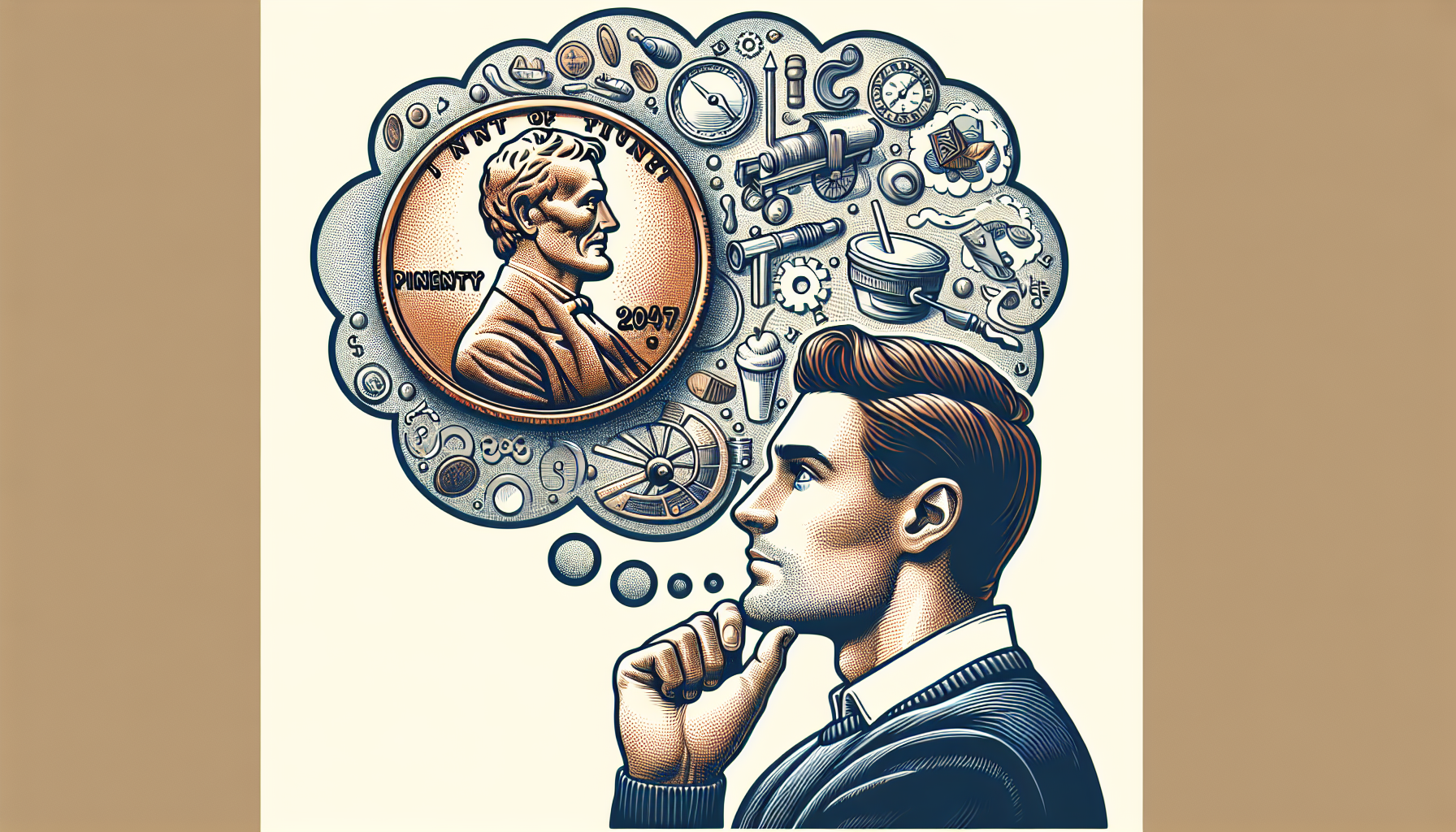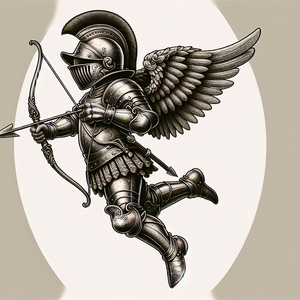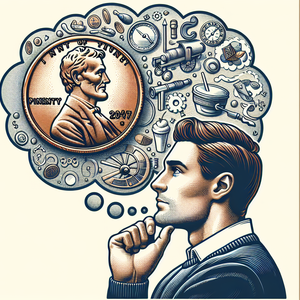The Green Revolution: How Smart Home Electricians are Pioneering Sustainable Living

Smart home electricians are uniquely positioned to integrate advanced technologies into residential spaces, facilitating a shift toward sustainable living. With the rise of the Internet of Things (IoT), these electricians are not just wiring homes; they are creating interconnected ecosystems that optimize energy use and reduce waste. By incorporating smart devices that monitor and manage energy consumption, smart home electricians help homeowners make informed decisions that align with sustainable practices.
Energy-Efficient Devices and Systems
One of the most significant contributions of smart home electricians is the installation of energy-efficient devices. Smart thermostats, such as the Nest Learning Thermostat, allow homeowners to control heating and cooling systems remotely, learning their preferences and adjusting accordingly to minimize energy use. These devices can lead to substantial savings on energy bills while reducing carbon footprints. In addition to thermostats, smart lighting systems further enhance energy efficiency. These systems can adjust based on occupancy and natural light levels. Electricians install devices that enable homeowners to schedule lights or control them via smartphone apps, ensuring that energy is not wasted when spaces are unoccupied. For example, motion-sensor lights can automatically turn off when a room is empty, significantly reducing unnecessary energy consumption.
Renewable Energy Integration
Smart home electricians also play a crucial role in integrating renewable energy sources into residential settings. The installation of solar panels has become increasingly popular, and smart home electricians are essential for ensuring these systems are correctly wired and connected to the home’s energy management system. By combining solar energy with smart home technology, homeowners can monitor their energy production and consumption in real time, maximizing the benefits of renewable energy. Moreover, battery storage solutions, such as the Tesla Powerwall, allow homeowners to store excess energy generated from solar panels for use during peak hours or outages. Electricians specializing in smart home technologies can guide homeowners through the complexities of these systems, making renewable energy a viable option for many.
Supporting Sustainable Practices
Beyond just installations, smart home electricians are advocates for sustainable living practices. They educate homeowners on the importance of energy conservation and the benefits of smart technology. By providing insights into how different devices work and the potential savings they can offer, electricians empower homeowners to make choices that benefit both their wallets and the environment. For instance, electricians may suggest energy audits to identify areas where energy waste can be reduced, such as outdated appliances or insufficient insulation. By addressing these issues, homeowners can further enhance their home’s sustainability profile. Additionally, electricians can recommend energy-saving practices, such as using energy-efficient appliances and implementing proper insulation strategies to reduce heating and cooling demands.
The Broader Impact on the Environment
The impact of smart home electricians extends beyond individual homes. As more homeowners adopt smart technologies and energy-efficient practices, the collective reduction in energy consumption contributes to lower greenhouse gas emissions. This shift not only helps mitigate climate change but also fosters a culture of sustainability that can inspire communities and influence policy changes. Moreover, as smart home technology continues to evolve, the potential for further innovations in sustainability increases. Electricians who stay abreast of these developments can introduce new solutions that make homes even more efficient and environmentally friendly. For example, the integration of smart grids and home automation systems can lead to more responsive energy management, allowing homeowners to optimize their energy use based on real-time data.
Career Opportunities in Smart Home Electrification
The rise of smart home technology presents numerous career opportunities for aspiring electricians. Those entering this field can focus on areas such as IoT installation, renewable energy systems, and energy efficiency consulting. With the growing demand for smart home systems, electricians who possess both technical skills and customer service abilities will find themselves well-positioned in the job market. For individuals considering a career in this area, some key opportunities include: IoT Installation Specialist: Focusing on integrating smart devices and systems into homes. Renewable Energy Technician: Specializing in the installation and maintenance of solar panels and battery storage systems. Energy Efficiency Consultant: Conducting energy audits and recommending improvements to optimize energy use. Smart Home Automation Expert: Designing and implementing systems that streamline home operations through automation.
Smart home electricians are not just technicians; they are pioneers in the green revolution. By integrating smart technologies and promoting energy efficiency, they play a vital role in helping homeowners transition to more sustainable living practices. As we face the pressing challenges of climate change and resource depletion, the work of these professionals is more important than ever. Their contributions not only enhance the comfort and efficiency of our homes but also pave the way for a more sustainable future for our planet. Embracing the innovations brought forth by smart home electricians is crucial in our collective journey towards environmental responsibility.
IoT Installation Specialist
Vivint Smart Home, ADT, local smart home service providers
Core Responsibilities
Install and configure smart home devices such as smart thermostats, lighting, and security systems.
Troubleshoot and resolve connectivity issues between devices and the home network.
Provide on-site training and support for homeowners on how to use and optimize their smart devices.
Required Skills
Proficiency in networking and basic programming for device integration.
Strong customer service skills to effectively communicate with clients.
Familiarity with various IoT platforms and ecosystems (e.g., Google Home, Amazon Alexa).
Renewable Energy Technician
Sunrun, Tesla Energy, local renewable energy firms
Core Responsibilities
Install and maintain solar panel systems and battery storage solutions in residential properties.
Conduct site assessments to determine the best placement and configuration of renewable energy systems.
Monitor system performance and troubleshoot any operational issues.
Required Skills
Knowledge of local and national electrical codes related to renewable energy installations.
Experience with photovoltaic (PV) systems and energy storage technology.
Certification from recognized bodies (e.g., NABCEP for solar PV installers).
Energy Efficiency Consultant
Environmental consulting firms, utility companies, energy efficiency program administrators
Core Responsibilities
Perform energy audits to assess energy usage and identify areas for improvement in residential properties.
Recommend energy-efficient upgrades, such as HVAC systems, insulation, and smart home technologies.
Develop and implement energy-saving strategies that align with sustainability goals.
Required Skills
Strong analytical skills to interpret energy data and provide actionable insights.
Knowledge of energy efficiency standards and incentives available to homeowners.
Ability to communicate complex concepts clearly to clients.
Smart Home Automation Expert
Smart home integration companies, custom electronics installers, home technology retailers
Core Responsibilities
Design and install comprehensive smart home automation systems that enhance security, convenience, and energy management.
Integrate various smart devices into a cohesive system that can be controlled via a single interface.
Stay updated on emerging technologies and trends in home automation to provide cutting-edge solutions.
Required Skills
Expertise in home automation platforms (e.g., Control4, Crestron, or Lutron).
Strong understanding of electrical systems and wiring.
Project management skills to oversee installations from start to finish.
Smart Grid Technician
Utility companies, energy consulting firms, technology providers in the energy sector
Core Responsibilities
Install and maintain smart grid technologies that enable efficient energy distribution and consumption monitoring.
Collaborate with utility companies to upgrade infrastructure and ensure compatibility with smart home systems.
Monitor grid performance and assist in troubleshooting outages or connectivity issues.
Required Skills
Familiarity with smart grid technologies and energy management systems.
Understanding of electrical engineering principles and grid operations.
Technical certifications related to smart grid technologies (e.g., from IEEE or similar organizations).


